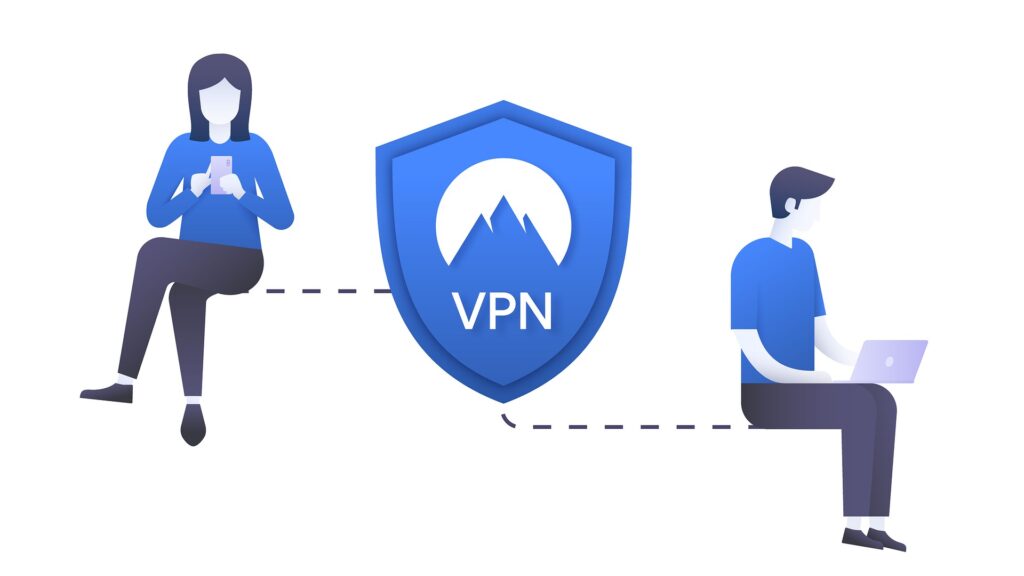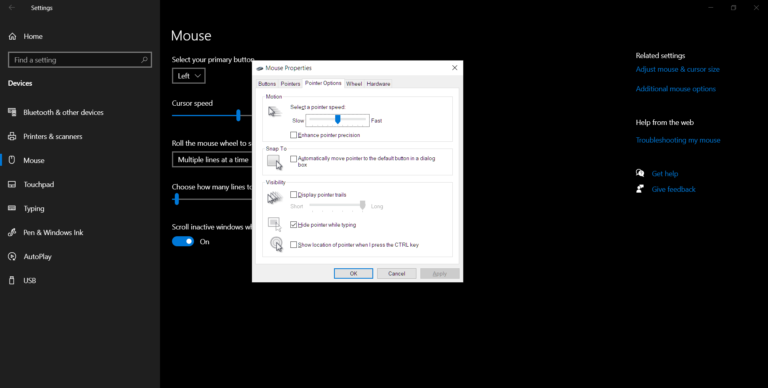How do I use a VPN on Chrome?
Virtual Private Networks (VPNs) are private networks that may be accessed from anywhere using public networks like the Internet. It functions like a direct connection between the user’s computer and the private network, allowing data transfer via public or shared networks.
Therefore, applications deployed through a VPN may reap the network’s capabilities, security, and administration advantages. It is often businesses that utilize VPNs to secure private information.
Connecting to a virtual private network (VPN) allows users to access shared network resources even when they are not in the exact physical location (LAN). Using a virtual private network, a user on the go can access their company’s internal network from anywhere, such as from a coffee shop.

It’s also possible to utilize a VPN to link two local area networks together. If this is the case, the VPN will most likely be managed by each LAN’s network administrator. Virtual private networks (VPNs) encrypt and tunnel data using several protocols to prevent unauthorized access. L2TP, PPTP, IPSec, and SSL/TLS are the most widely used protocols.
How to use a VPN on Chrome
A virtual private network, or VPN, is a service that provides an encrypted tunnel between two networks via the Internet. Businesses frequently utilize VPNs to provide distant workers with a safe and secure method of connecting to the corporate network. They can also be used to encrypt your traffic for privacy purposes or to get around Internet censorship and limits.
Chrome is compatible with Virtual Private Networks (VPNs) on desktops, laptops, and Android and iOS devices. Regarding functionality and cost, VPN services may be found in a wide variety. Think about what you’ll be using the VPN for, how much you’re willing to spend, and what other people have said about the service to help you decide.
After selecting a VPN service, the next step is to sign up for an account and install the VPN app on your device. The next step is to launch the VPN program and link up with a server in the area where you wish to seem to be located. You would connect to a server in that country to see content restricted to users in the United States.
Once connected, the VPN server will encrypt all your data as it travels to and from your device. This can let you get around geographical limitations, and view content restricted to specific regions. Your IP address will be concealed, thus enhancing the privacy it provides.
If you want to use a VPN with Chrome, you’ll need to download the VPN provider’s Chrome extension. Launch the add-on and enter your VPN credentials to connect. After logging in, just hit the “Connect” button to connect to a server. Your Virtual Private Network (VPN) allows you to connect automatically to any server you choose or the fastest available server.
Once connected, the VPN server will encrypt all your data as it travels to and from your device. This can let you get around geographical limitations and view content listed in specific regions. Your IP address will be concealed, thus enhancing the privacy it provides.
Using a VPN to secure Chrome
If you want to start utilizing a virtual private network (VPN) to make your Chrome surfing more secure, here are some steps you may take:
- Pick a VPN provider you can trust. You may select a VPN service that meets your needs by doing some research.
- Get a virtual private network (VPN) client and set it up on your device.
- Join a virtual private network. Usually, you’ll be asked to log in with your account details after choosing a server location.
- After you connect to VPN, all your data will be encrypted and sent via that server. Chrome makes it possible to browse the web safely, knowing that your data is being transmitted in an encrypted form.
- Selecting the software’s disconnect button will terminate the VPN connection.
A virtual private network (VPN) is an excellent approach to making your Chrome surfing more secure. It is considerably more difficult for anyone to eavesdrop on your conversations or follow your online behavior if they are encrypted and routed through a VPN server.
How VPNs improve Chrome browsing
You can utilize a virtual private network (VPN) to enhance your time spent on Chrome.
As a first benefit, using a Virtual Private Network can help to protect your online activity. Through a virtual private network (VPN), you may access the internet in an undetectable way by your internet service provider (ISP) or any other outside parties. This ensures that no one else can access your private information while using the internet, including your passwords and browsing history.
A virtual private network (VPN) also allows you to bypass censorship of information that may be unavailable in your country. This is because a virtual private network might make it seem like you are connecting to the web from a location outside your nation. This is helpful if you are located outside the region where a specific website is accessible.
Third, a Virtual Private Network might boost your connection speed. This is because a VPN may circumvent any internet throttling or other speed reduction techniques implemented by your internet service provider.
Fourth, a virtual private network can shield you from viruses and other internet dangers. A VPN encrypts your data and directs it over a private network. In other words, the chances of hackers or other bad actors snatching your data are reduced.
Finally, a virtual private network (VPN) can help you get the most out of your web browsing by giving you access to additional features and services that would otherwise be unavailable. For instance, some VPNs provide extras like browser extensions that might enhance your online experience.
A virtual private network (VPN) may significantly enhance your time spent on Chrome. A Virtual Private Network, or VPN, can improve your online safety, anonymity, and speed.
Conclusion
With Chrome plus a VPN, you can surf the web anonymously, bypass censorship, and secure your personal information and data. You’ll need a VPN plugin from the Chrome Web Store to utilize a VPN with Chrome. A VPN extension may be added to a browser and connecting to a server is as easy as clicking an icon. You may protect your privacy and the security of your Chrome connection by using a virtual private network. However, it is essential to select a dependable provider and gain familiarity with how they function before utilizing a VPN.
ALSO READ: How Does A Virus Infect A Computer?
Disclaimer: This page contains links that are part of different affiliate programs. If you click and purchase anything through those links, I may earn a small commission at no extra cost to you. Click here for more information.
SUBSCRIBE TO TECHNOBRAX
If you want to receive updates whenever we post new articles or emails regarding discount deals on mice and keyboards, or other electronic devices CLICK HERE to SUBSCRIBE







